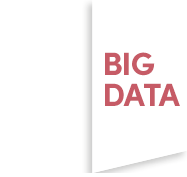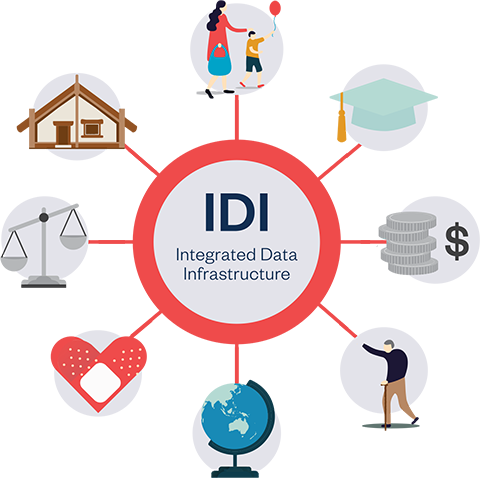Many factors have an impact on the health of New Zealanders, including systems that affect the whole population, cultural factors that relate to particular communities, and the genetic make-up and life experiences of individuals. Healthier Lives’ research is therefore focussed within three themes:
Theme 1
Healthy food and physical activity environments
Preventing non-communicable diseases at a population level
Poor diet and lack of exercise are leading risk factors for obesity, diabetes, cardiovascular disease and some cancers.
Research in this theme examines how the environment in which we live influences what we all eat and how we move around. The results will inform effective strategies to improve the healthiness of food and physical activity environments in Aotearoa, with the potential to substantially and equitably improve health outcomes for the whole population.
Theme Leader: Professor Cliona Ni Mhurchu
Theme 2
Culturally centred health interventions for Māori and Pacific peoples
Whānau ora and community-based approaches to health
The health of individuals is linked to that of their whānau across generations.
Research in this theme has an emphasis on co-design with Māori and Pacific communities, ensuring that communities determine which outcomes matter to them and participate in the design and delivery of services relevant to their health.
It also uses ‘systems thinking’ to identify and overcome barriers to accessing services that are systemically embedded in current health services.
Theme Leader: Andrew Sporle
Theme 3
Precision medicine and personalised prevention
Improving treatment and prevention of non-communicable diseases for individuals
Throughout an individual’s life, both genetic and environmental mechanisms play a part in the risk of developing non-communicable disease. These mechanisms, along with other aspects of individual experience, also affect how an individual responds to interventions to treat, manage or prevent disease.
Research in this theme is creating and evaluating biomedical and digital tools to personalise health interventions for individuals. The tools include a genomic test to measure an individual’s response to cancer treatment, epigenetic markers to create a personalised profile of the complex interactions between an individual’s genetics and environmental stressors, and digital programmes to manage diabetes and support healthy lifestyles.
Theme Leader: Professor Parry Guilford
Big Data
Big and linked data
Making the best use of New Zealand’s rich health data
Statistics New Zealand manages the Integrated Data Infrastructure (IDI), a research database where health data can be linked to other government information, including welfare benefits, census, justice, migration and tax data, and anonymised for use in research. It is an invaluable source of information about the health and wellbeing of the New Zealand population.
The Virtual Health Information Network (VHIN) leads the use of IDI data for health research in New Zealand, and provides support and resources for researchers across the country.
Healthier Lives’ research uses big and linked data to answer wide-ranging questions about health and health inequities. It also supports the VHIN to undertake foundational work on research methods which will enhance future research.








